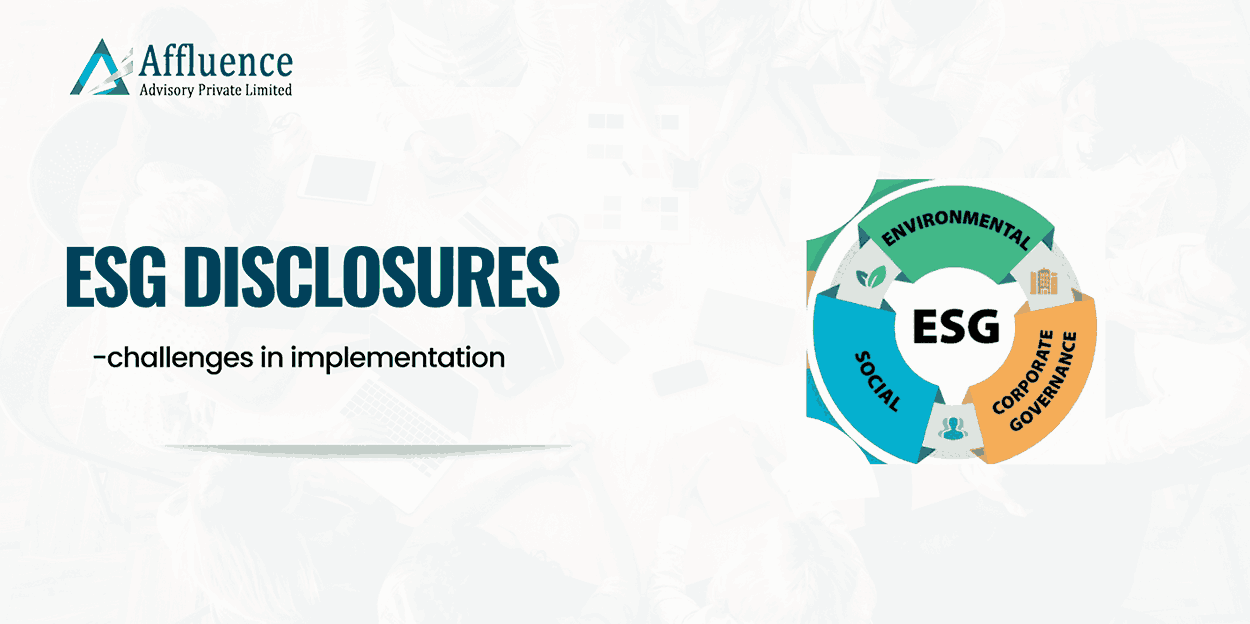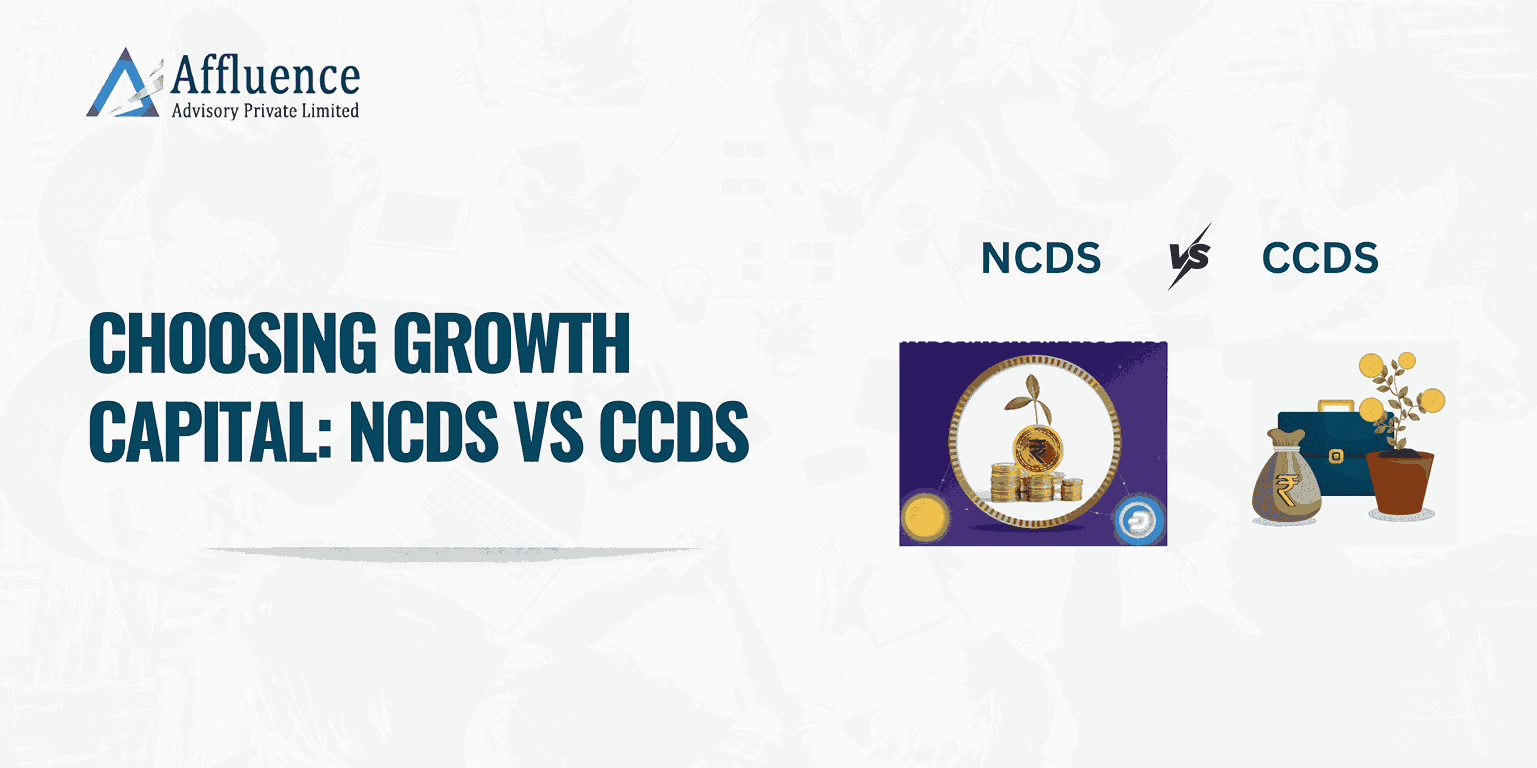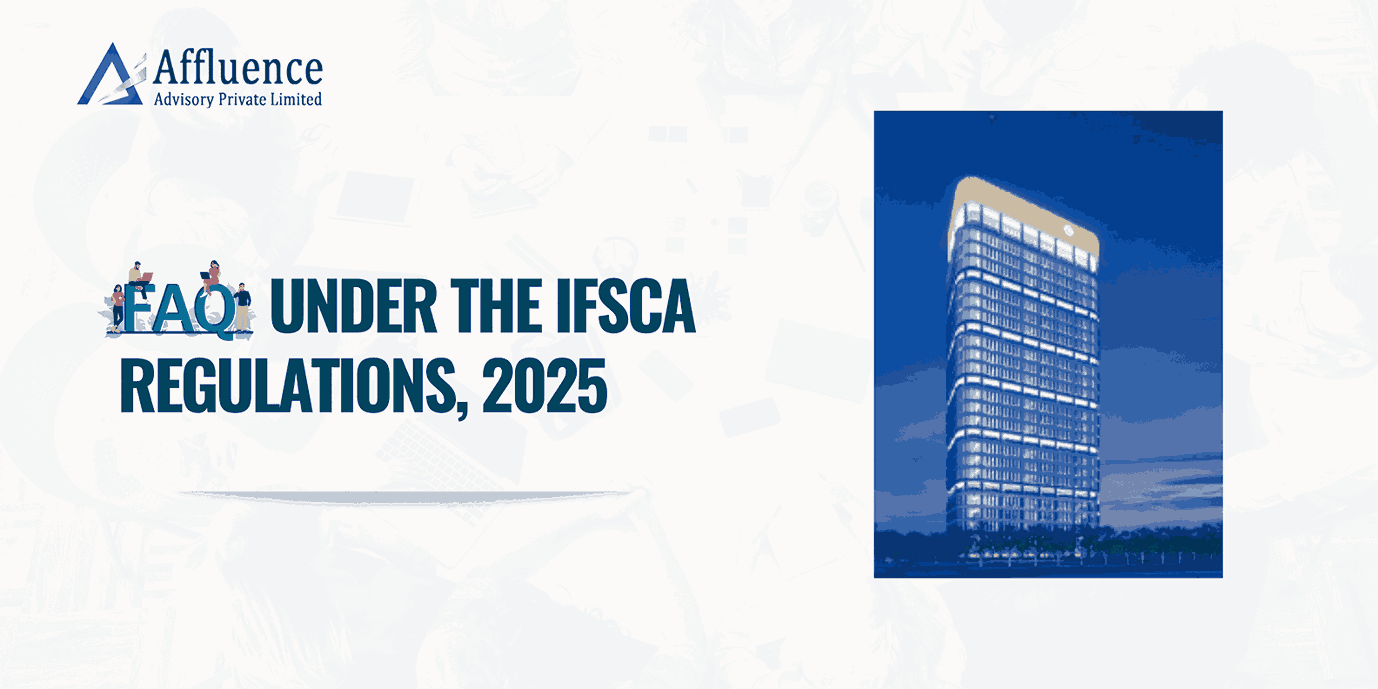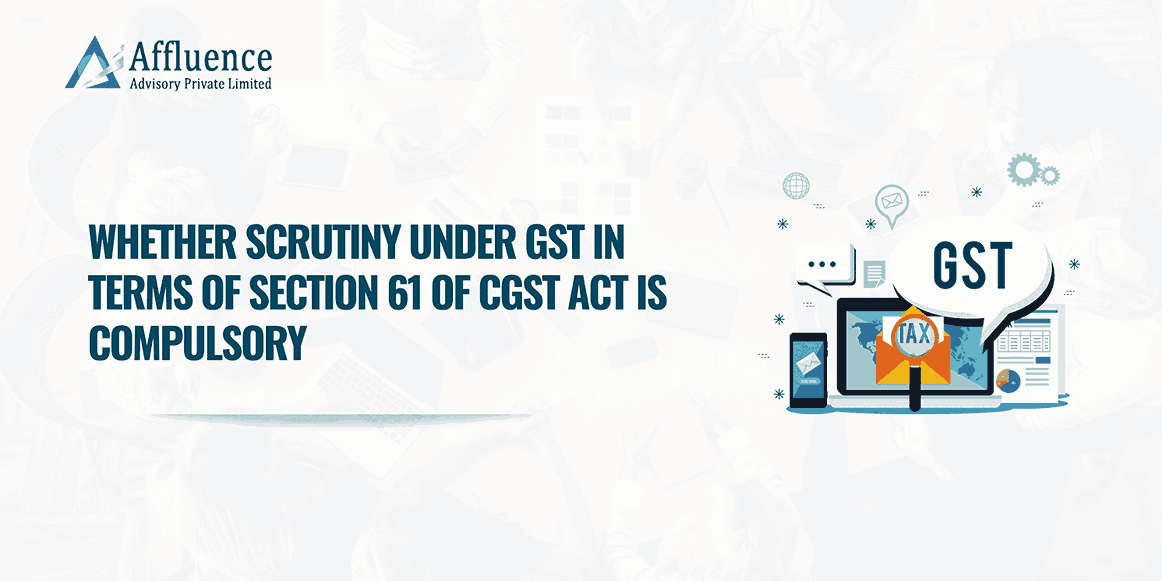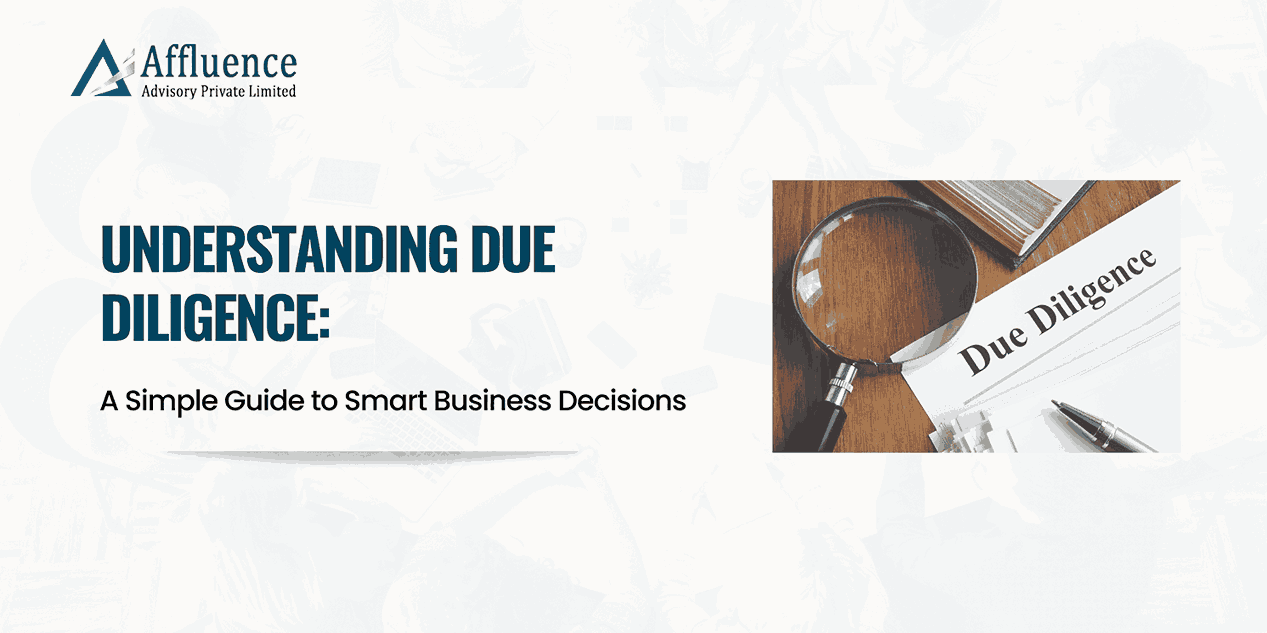What is GIFT City (IFSC)?
Gujarat International Finance Tec-City (GIFT City) is India’s first International Financial Services Centre (IFSC), located in Gandhinagar, Gujarat. It provides a world-class platform for global financial services like fund management, banking, insurance, capital markets, asset management, and fintech. It operates under a special regulatory environment, separate from domestic economy rules, to attract international business.
Regulatory Framework for Funds in GIFT City
Fund Management Entitites in GIFT City are governed by several laws and regulations, mainly:
- IFSCA Act, 2019 & IFSCA (Fund Management Entities) Regulations, 2025
- SEZ Act, 2005 & SEZ Rules, 2006 (as IFSC is within a Special Economic Zone)
- IFSCA (AML, CFT and KYC) Guidelines, 2022
- Companies Act, 2013 (with specific exemptions)
- LLP Act, 2008
- FEMA, 1999
- Income Tax Act, 1961 (with tax incentives under Section 80LA)
Also Read: Direct Listing Of Shares Of Indian Companies Overseas Through IFSC GIFT City
Who Can Set Up Funds in GIFT City?
Both Indian and foreign companies or LLPs can set up fund management units in GIFT City.
To start operations, two approvals are needed:
- SEZ Unit Approval from the Development Commissioner
- IFSCA Registration for Fund Management Entities
Fund Management Entities (FME) – Categories
Under the IFSCA Fund Management Regulations, 2025, any entity managing funds in GIFT City must register as an FME. There are 3 categories:
- Authorised FME – Simplified structure for family offices or proprietary funds.
- Registered FME (Retail) – Can launch retail schemes like mutual funds for global investors.
- Registered FME (Non-Retail) – Can launch AIFs, Venture Capital Funds, and other schemes for sophisticated investors.
IFSCA (FME) Regulations, 2025 – Overview
The IFSCA Fund Management Regulations, 2025 explain what Fund Management Entities (FMEs) in GIFT City must do to stay compliant. First, every FME must register with IFSCA and keep the required minimum capital. They need to appoint key officers like a Principal Officer and a Compliance Officer to oversee operations and rules. FMEs must follow strong internal policies and have systems to prevent money laundering by doing proper KYC checks on all investors. They must report any suspicious or large transactions to the authorities on time. For transparency, FMEs have to share details of each fund through a document called a Private Placement Memorandum (PPM), update investors regularly about fund value (NAV), and submit annual reports. They also have to maintain proper accounts, get them checked through annual audits, and conduct internal compliance checks. Regular filings with IFSCA are required and bigger FMEs must also disclose how they handle environmental, social, and governance (ESG) responsibilities. In short, these rules focus on investor safety, honest reporting, clean operations, and strong audits.
IFSCA (AML, CFT and KYC) Guidelines, 2022 – Overview
Fund Management Entities (FMEs) in GIFT City must follow strict rules to stop money laundering and terrorism financing, as per IFSCA guidelines. They need to create an AML/CFT policy, check the identity of all investors, understand where their money comes from, and find out who the real owners are. Investors should be given a risk rating, and extra checks are needed for high-risk clients. FMEs must keep an eye on all transactions and report any suspicious activity (STR) or large cash dealings (CTR) to FIU-IND through IFSCA. They also need to check investors against global sanctions lists before and during the business relationship. All KYC and transaction records should be stored for at least five years. A Compliance Officer must manage these processes and send regular reports to the regulator. These steps make sure funds work honestly, safely, and follow international standards.
SEZ Act, 2005 & SEZ Rules, 2006 – Overview
The Special Economic Zones (SEZ) Act, 2005 and SEZ Rules, 2006 govern GIFT City as it operates within a multi-services SEZ. For funds, this means any Fund Management Entity (FME) must first obtain SEZ Unit Approval from the Development Commissioner before starting business, in addition to IFSCA registration. Compliance under the SEZ framework includes signing a Letter of Approval (LoA), executing a Bond-Cum-Legal Undertaking, and maintaining monthly and annual performance reports with details of imports, exports, and operations. FMEs must adhere to conditions on foreign exchange earnings, submit periodic returns to the Development Commissioner, and maintain proper records for audits by SEZ authorities.
They must also comply with Net Foreign Exchange (NFE) positive status over a block of years and follow restrictions on use of goods/services for authorized operations only. The SEZ rules provide benefits like duty-free imports, GST exemptions, and simplified customs, but require strict adherence to reporting timelines and operational guidelines. Non-compliance can lead to penalties, suspension, or cancellation of SEZ approval.
GIFT City IFSC: Recent Case Laws
- Substance Requirements:
Regulatory Provision:
Under IFSCA (Fund Management) Regulations, 2025, FMEs must maintain real operational presence in GIFT City IFSC. This includes having a functional office and ensuring Key Managerial Personnel (KMP), especially the Principal Officer, is based in the IFSC.
Case Incident:
On July 18, 2025, IFSCA initiated regulatory action against nine FMEs after inspections revealed that offices were closed during operational hours and KMPs were consistently absent. The regulator found that these FMEs were attempting to maintain only a formal presence without actual business activity.
- Disclosure, Valuation & Reporting Non-Compliance
Regulatory Provision:
FMEs must follow disclosure norms, including correct NAV calculations, proper Private Placement Memorandum (PPM), and investor reporting as per IFSCA.
Case Incident:
In February 2025, IFSCA conducted surprise inspections and found gaps in disclosures, valuation practices, and PPM compliance among several FMEs.
- Unregistered Activity & SEZ Compliance
Regulatory Provision:
Entities in GIFT City must hold IFSCA registration and SEZ Letter of Approval (LoA) to operate legally.
Case Incident:
In March–April 2025, IFSCA detected several entities operating without valid approvals. Notices were issued instructing them to cease activities immediately.
GIFT City IFSC – Role of CS as Compliance officer:
Every Fund Management Entity (FME) in GIFT City must appoint a Compliance Officer as per IFSCA regulations. This person ensures that the FME complies with all applicable laws, submits regulatory reports on time, handles audits, and monitors adherence to AML, CFT, and KYC requirements, including reporting suspicious transactions. They also implement internal compliance policies and conduct staff training. A Company Secretary (CS) is legally qualified and well-suited to act as a Compliance Officer, given their expertise in corporate laws, governance, regulatory compliance, and statutory filings, which align with the duties prescribed under IFSCA regulations.
Conclusion
GIFT City IFSC is creating new opportunities for global finance and fund management in India by offering tax benefits, world-class infrastructure, and an internationally aligned regulatory framework. However, these benefits come with strong compliance responsibilities. Fund Management Entities must follow IFSCA regulations, SEZ rules, and strict AML/KYC norms, while maintaining real presence and proper governance in GIFT City.
Disclaimer:This article provides general information existing at the time of preparation and we take no responsibility to update it with the subsequent changes in the law. The article is intended as a news update and Affluence Advisory neither assumes nor accepts any responsibility for any loss arising to any person acting or refraining from acting as a result of any material contained in this article. It is recommended that professional advice be taken based on specific facts and circumstances. This article does not substitute the need to refer to the original pronouncement.
CLICK HERE DOWNLOAD PDF



